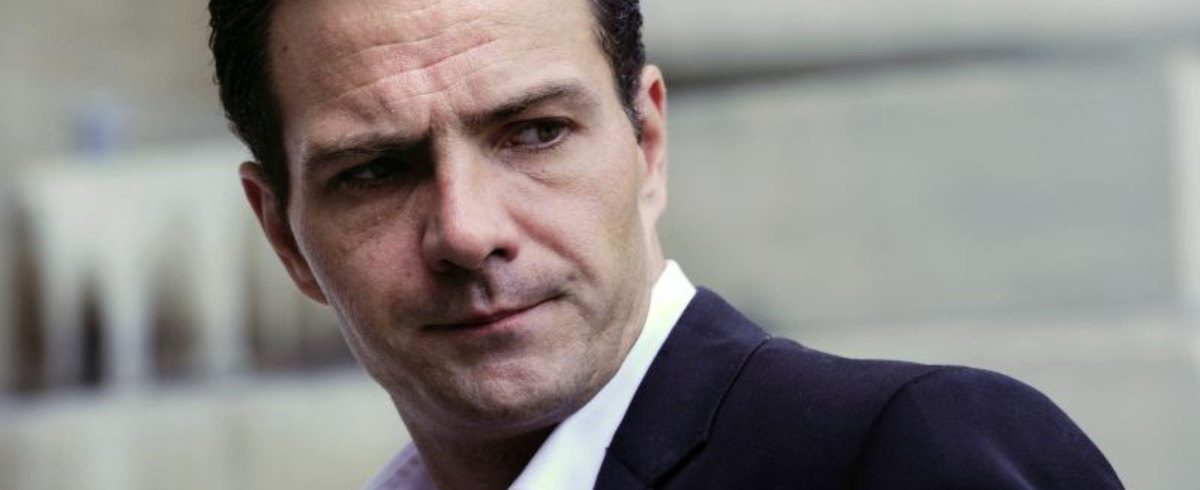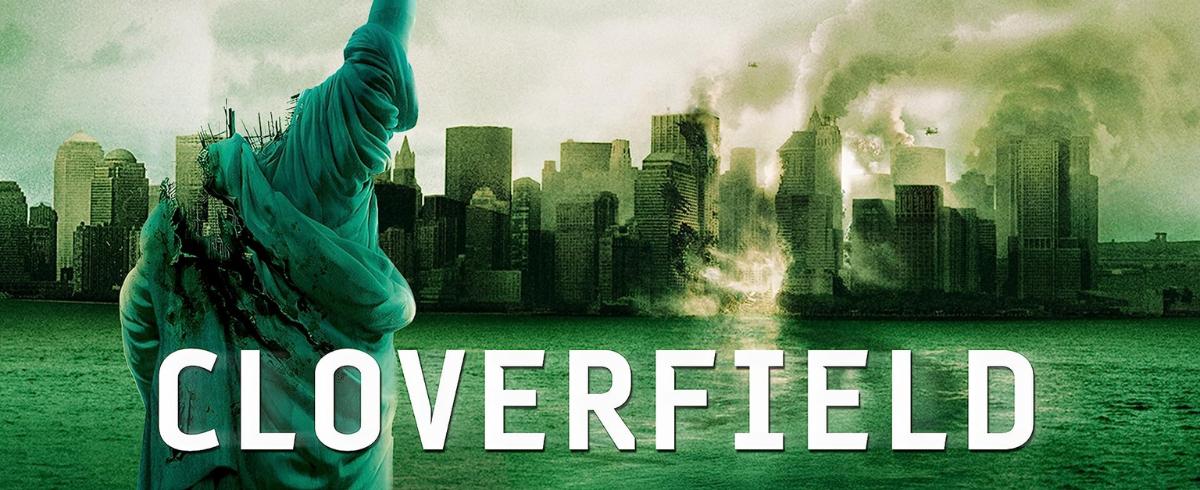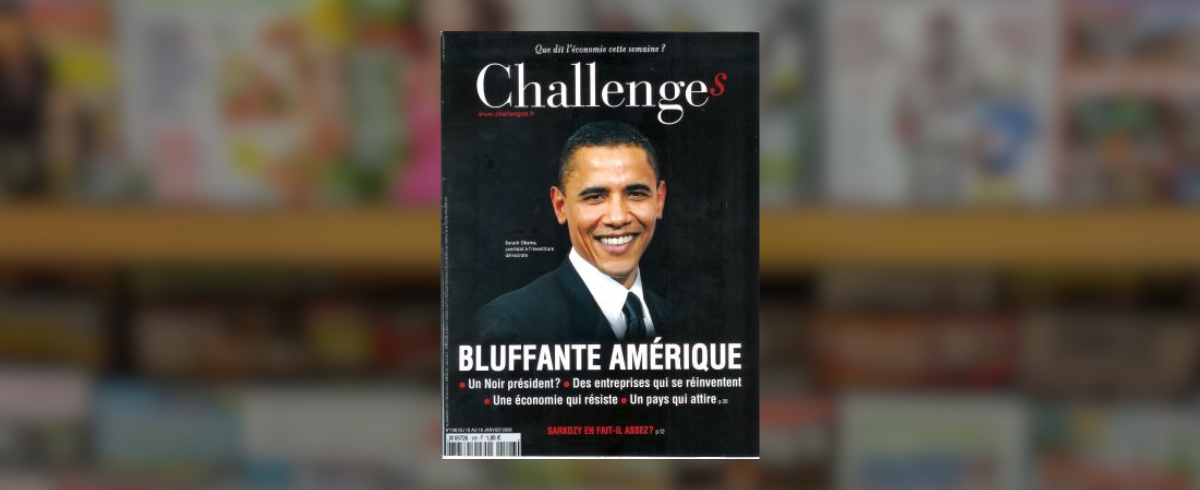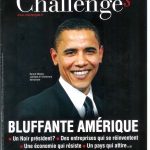Challenges is a French business magazine similar to Forbes and Fortune in the US. They just had a special issue on the US and the American Dream and asked me to write an article on the American entrepreneurial spirit.
Here are the cover of the magazine and article:
You can read the article as it is published at:
http://www.challenges.fr/business/20080110.CHAP1023002/aun_chec_devient_une_forcea.html
I was limited to 1,600 characters so it feels a bit rushed. Here is the full article:
Après le Bac, j’ai décidé de poursuivre mes études aux Etats-Unis. J’ai adoré cette expérience. Choisir ses cours et pouvoir s’adonner à ses passions pour le seul plaisir intellectuel était pour moi libérateur. Il y a plus de Prix Nobel sur le campus de Princeton que dans la France entière – et nous interagissions directement avec eux !
J’ai alors observé, pour la première fois, l’esprit d’entreprise américain. Il est inculqué dès le plus jeune âge et tous les adolescents font du volontariat ou travaillent pour entrer à l’université. Plus tard, presque tous les étudiants travaillent en complément de leurs études et durant toutes les « vacances » d’été.
Comme la plupart des Américains, j’ai rejoint le marché du travail à 22 ans en sortant de Princeton. Mes deux années chez McKinsey en tant que consultant ont été formidables – une opportunité quasi-impossible en France pour un jeune tout juste diplômé.
En 1998, je me suis rendu compte que ma vocation n’était pas de créer la présentation PowerPoint parfaite. Ma chance étant d’être au bon endroit, au bon moment, avec les bonnes compétences, j’ai décidé de me lancer sur Internet. N’étant pas créatif par nature et n’ayant pas de « bonnes idées », j’ai décidé de faire de « l’arbitrage international d’idées » et de copier un modèle américain pour l’amener en Europe. Par hasard, je suis tombé sur eBay et j’ai adoré le modèle. Aucland était né !
Pour un temps tout s’est bien passé. La compagnie grandissait et l’engouement lié à la fameuse « bulle » Internet nous faisait tous rêver. Il semblait de nouveau possible de réussir en France même en étant très jeune ! Malheureusement, la dite bulle a fini par éclater et… nos rêves avec elle. Ce n’est qu’en retournant aux Etats-Unis pour créer Zingy que je me suis vraiment rendu compte de la différence de mentalités. En France, que d’heures perdues face au « système » : monopole des commissaires priseurs, fisc, 35 heures, rigidité du travail…
Aux Etats-Unis, en 2001, je repartais donc de zéro. Pour les Américains, le revers que j’avais connu avec Aucland n’était qu’une cicatrice de guerre et l’expérience tirée une force pour l’avenir. En France, un échec est souvent fatal. En fin de compte Zingy aura été le succès que j’aurais voulu qu’Aucland fût. Après des débuts très difficiles et des grosses frayeurs – bien qu’ayant investi tout ce que j’avais, j’ai manqué de payer les salariés pendant plusieurs mois – les ventes décollaient et l’affaire devint un succès. Quel plaisir de passer mon temps à étendre la boite sans inconvénients bureaucratiques encouragé par tous ! Ici les succès comme les échecs sont portés avec fierté !
Ayant goûté aux joies de l’entreprenariat, me voila reparti aujourd’hui dans une nouvelle aventure, avec OLX. Nous voulons créer le plus grand site de petites annonces gratuites au monde. Le projet est risqué, mais si j’ai une appris une chose, c’est qu’il faut poursuivre ses rêves.
Quant à la France, c’est un pays que j’adore. Le savoir vivre, la qualité de vie et bien entendu notre Culture et notre Histoire sont incomparables. Pourtant, malgré tout son attrait, c’est aujourd’hui le pays où je viens en vacances, non celui où je peux réussir : s’il y a bien un défi que la France doit relever de toute urgence, c’est de prouver le contraire !


































